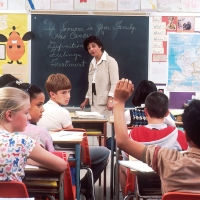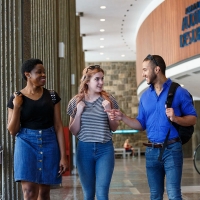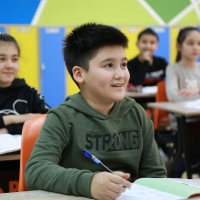Comparing Classroom Instructional Approaches
Dr. Bernard is the leader of the CSLP Systematic Review Team. In a recent IDRC-funded research project entitled, Meta-Analysis of Studies Comparing Classroom Instruction to Online Learning, Blended Learning, and Flipped Classrooms for Pre-service and In-service Teachers, Bernard and co-investigator, Richard Schmid, analyzed the experimental research literature of online (OL), blended learning (BL), and flipped classroom (FC) instructional approaches that were used to educate pre-service and practicing teachers to discover the variables that affect what works or doesn't work in the classroom, and why. The results showed that technology-based approaches, especially BL, are conducive to creating a participatory and stimulating classroom atmosphere. These approaches also respond to specific needs, particularly access, diversity, and inclusivity. In addition, though this project was a scoping review of technology supported teacher education as a response to the COVID-19 pandemic, these approaches, or some iteration of online learning, are likely to become the new status quo. As such, educators and policymakers can turn to Bernard’s research for a comprehensive understanding of best practices regarding online instructional strategies and delivery methods. Future research will be focused on whether comparable outcomes can be found in the Global South where there are different educational and social realities.
Researcher: Dr. Robert Bernard













